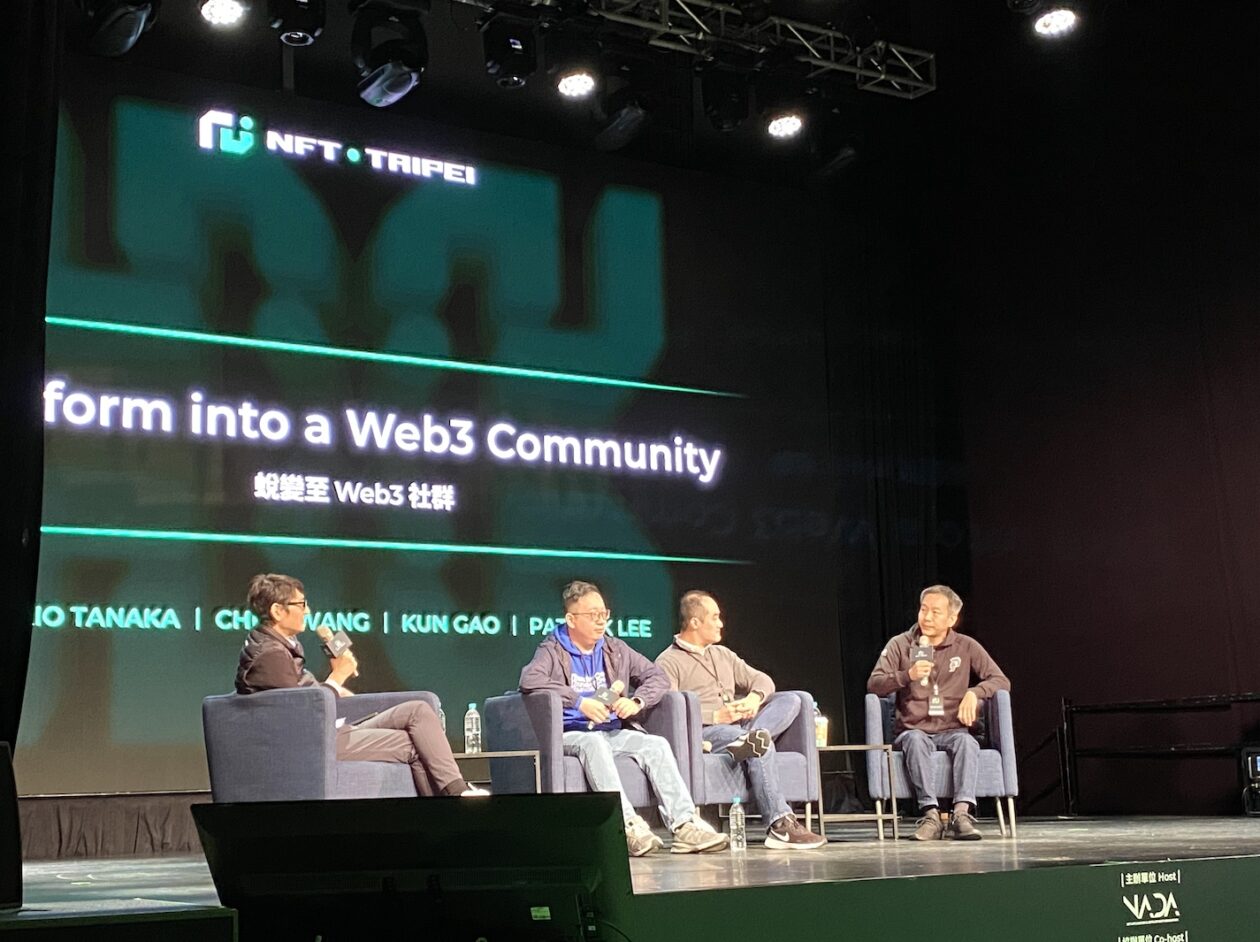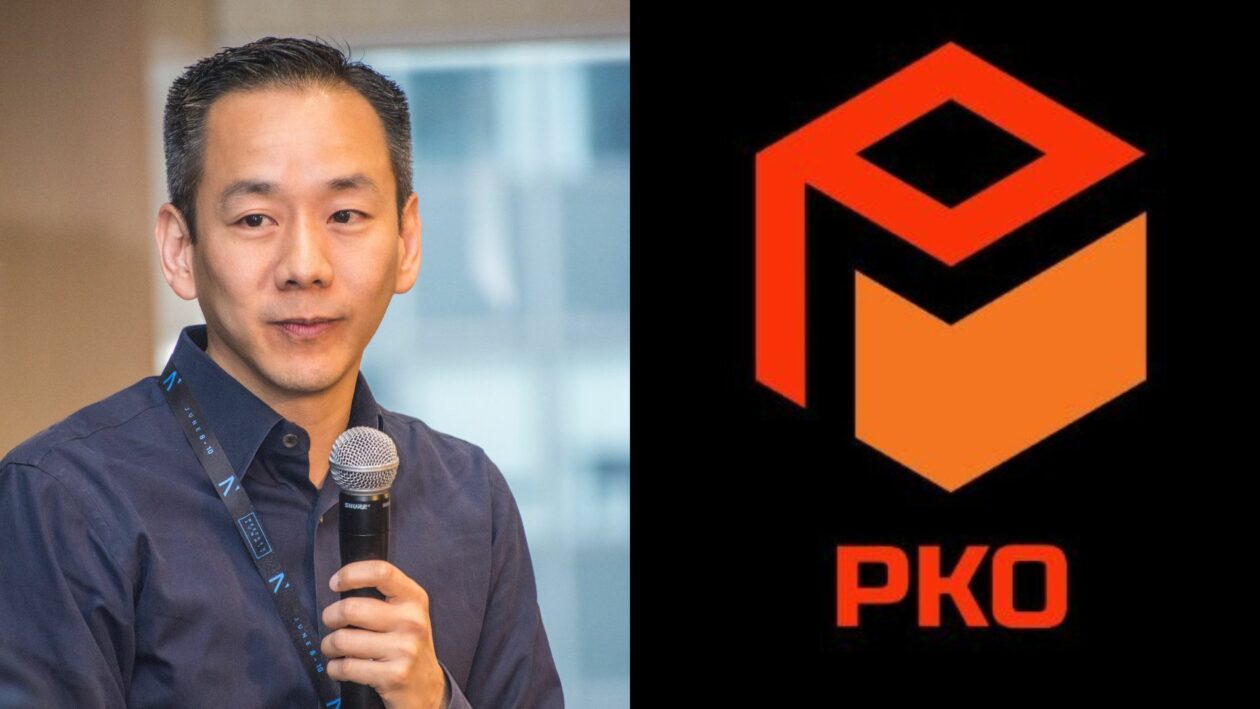In a market downturn, Web3 companies need to “keep costs crazy low, as low as possible” and try to improve the work process, Patrick Lee, cofounder of film and TV show review platform Rotten Tomatoes and cofounder and managing partner of U.S.-based PKO Investments, told Forkast.
Lee spoke at last week’s NFT Taipei conference and sat down with Forkast for an interview. The Q&A has been edited for language and brevity.
Timmy Shen: Could you tell me more about PKO Investments? How much have you invested so far?
Patrick Lee: We made an investment syndicate where we’re investing at the intersection of tech and entertainment. We started that in March last year, and initially we were investing in only Web2 companies.
The first nine investments we made were Web2 companies, but everything started shifting. If you’re looking at the intersection of tech and entertainment, every company switched over to Web – like 80% did. Some were Web3 natives, and some were Web2 companies that pivoted to Web3.
We have invested around US$35 million into 45 companies.
Shen: You’ve said your investments in Web3 have slowed down quite a lot. By how much are you slowing?
Lee: Our first Web3 investment was made in July last year. At our fastest, we were investing in a company a week, late last year. But around May this year after the whole Terra-Luna [crash] and the tech downturn, we ended up slowing down, with about one investment every three months or so – much slower and smaller check sizes.
We used to be putting in US$500,000 to US$1 million across 50 investors coming in through a syndicate. Now it’s more like US$250,000 to US$500,000 with about 30 investors. Everything slowed down a lot.
Shen: How many deals do you look at each week now?
Lee: Much less. We looked at about 800, and we invested in 45 [since last year]. We were probably doing 10 or 20 calls a week late last year, [but] now one or two calls a week. We’re filtering a lot more before we even take the call.
We’ve been much pickier because we’re like: Is it in focus? Is it in stage?… Do they have traction product market fit? And do we think our investors would even be interested in something like that?
Shen: Are you affected by the FTX collapse at all?
Lee: We are affected from the point of view that just the overall deal flow has slowed. All our investments have slowed. Unfortunately, if you were investing late last year, you were investing at the peak. Everything is down – Web2 or Web3 – so everyone’s affected that way.
I’ve already seen multiple companies shut down.

Shen: When do you think the investment pace will recover?
Lee: Obviously, FTX has affected things again, and there’s probably going to be a lot of second-order effects from that.
It’s a good time to be building in this environment because there are a lot more people who are available. People who will buy in are more likely to be actual believers and, hopefully, less speculators.
When the internet crashed in 2000, everyone thought it was the end, and it just got rid of a lot of bad companies and bad projects. The ones that made it through were actually decent companies that ran proper businesses.
In terms of investment activity, there’s just been a ton of interest around artificial intelligence (AI) more recently. You’re going to see even AI being integrated into Web3. So there is investment picking up towards AI at this point, but just more investment in general is kind of a positive thing – having more resources coming in for people to build.
Shen: Is there any lesson or takeaway from your time with Rotten Tomatoes that can be applied here in the crypto downturn?
Lee: With any downturn, the one thing you can control is your cost. A lot of times when things downturn, it’s hard to raise money and also hard to generate revenue sometimes depending on the type of business you are. In the downturn, you have to be extremely bootstrapping and extremely efficient.
And the last thing is around focus. I love to talk about focus. You just do one thing and do it really, really well. When you look at every company you can think of, going back to the beginning, every one of those companies were super focused. Facebook was only in Harvard. Amazon only sold books. Twitch was only in gaming. Every fast food chain you can think of sold one type of food. The last thing I would say is: be super focused and be super bootstrapping to get through these downturns.





